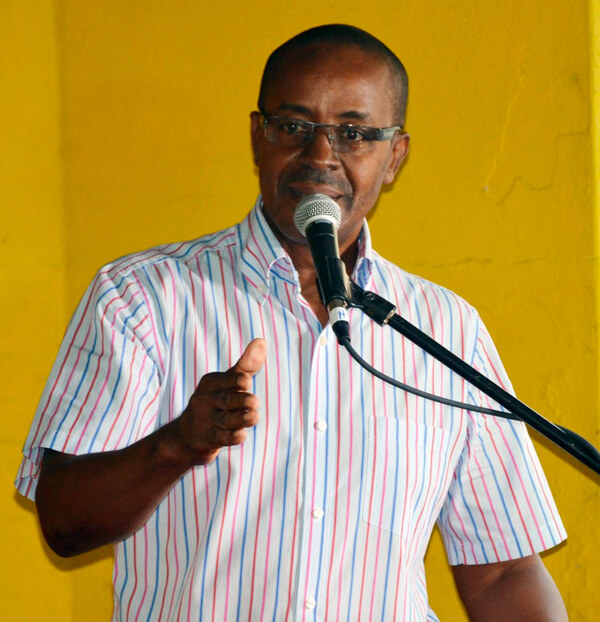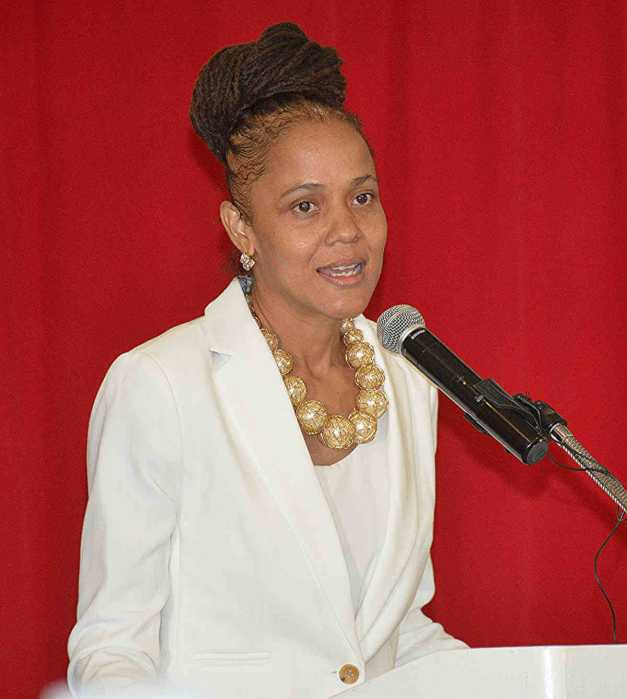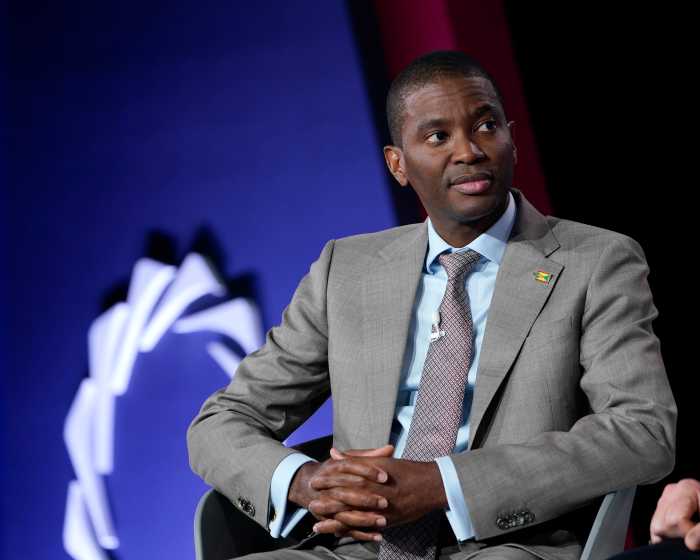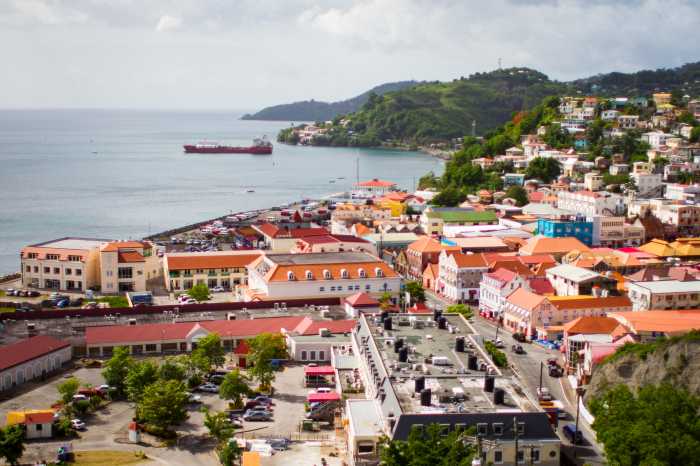A surprise Central Bank of Barbados admission that it is losing more foreign exchange than gaining, and that more losses would threaten the currency’s exchange rate has sparked accusations that government’s economic policies have failed.
In his statement of the economic prospects for 2017, Governor of the Central Bank, Delisle Worrell, in essence said that unless the country stops the bleeding of foreign exchange and retains a balance between inflows and outflows of internationally tradable currencies, the Barbados dollar would be devalued.
“The country has failed to achieve that balance since 2013, and there remains a need to dampen spending further in order to protect the country’s reserves of foreign exchange. The reserves are what protect us against the devaluation of our currency,” Worrell stated.
The Barbados dollar is pegged to that of the United States at a ratio of Bar$1 to 50 cents US.
At the end of the third quarter of 2016, Worrell reported that the island’s reserves, which are held in foreign currency, stood at $900.3 million, a reduction of $77.3 million compared to the end of September in the previous year.
He said that the September 2016 figure gave the island 14 weeks of cover for importation of goods and services needed to maintain the current standard of living.
With reserves for only 14 weeks of import cover, Barbados has come perilously close to the minimum 12 weeks benchmark, below which the island may be called upon to devalue its currency.
The Opposition Barbados Labour Party’s spokesman on economic matters, Clyde Mascoll, almost immediately responded by saying that Worrell’s admission means the governor and “the (Prime Minister) Freundel Stuart government are admitting failure of the fiscal measures that started in 2009 / 10.”
Mascoll said the failure to achieve a balance in the inflows and outflows of foreign exchange, “means the suffering Barbadians have been enduring for the last eight years has been in vain.”
The BLP spokesman, who has a PhD in economics, accused Governor Worrell of seeking to intimidate Barbadians into agreeing that more taxes is the solution, “now that government’s policies have failed as predicted, the governor is using the threat of devaluation to sell the need for more taxation and / or cuts in government expenditure.”
Year on year, Barbados’ foreign reserves have been on an agonizing slow descent, moving from $1.477 billion in 2009 to a provisional figure of $927 million in 2015.
In spite of these dire straits that the country finds itself because of the foreign exchange leakage, Worrell stated assuringly, “The Central Bank remains in a position to provide US dollars at the 2:1 exchange rate to meet all legitimate needs, if no other source is sufficient.”
But Mascoll retorted, “Government, not the governor, needs to say clearly what went wrong and explain to Barbadians how further fiscal measures will be implemented.”



























